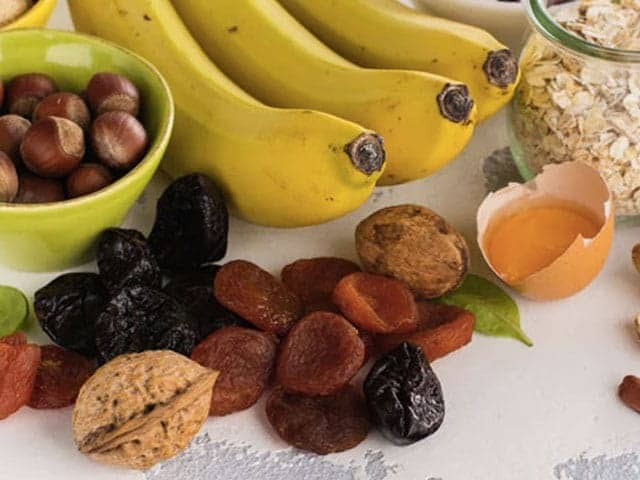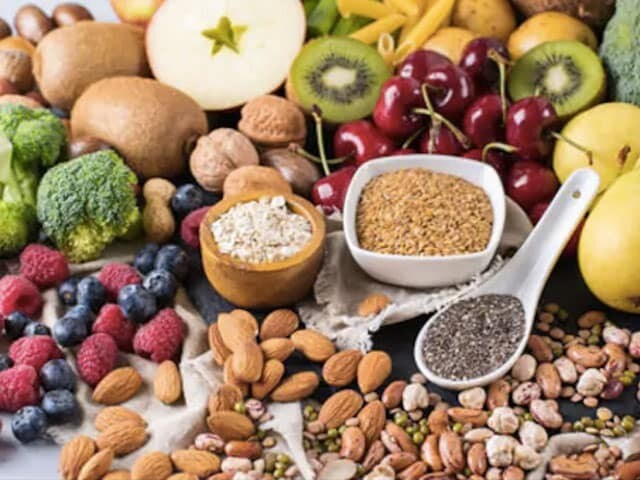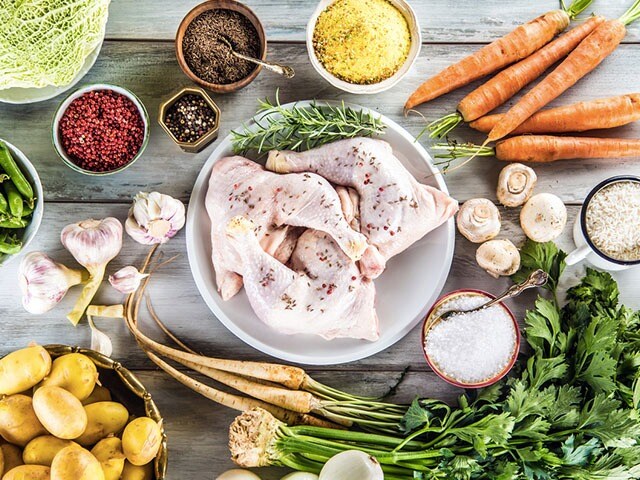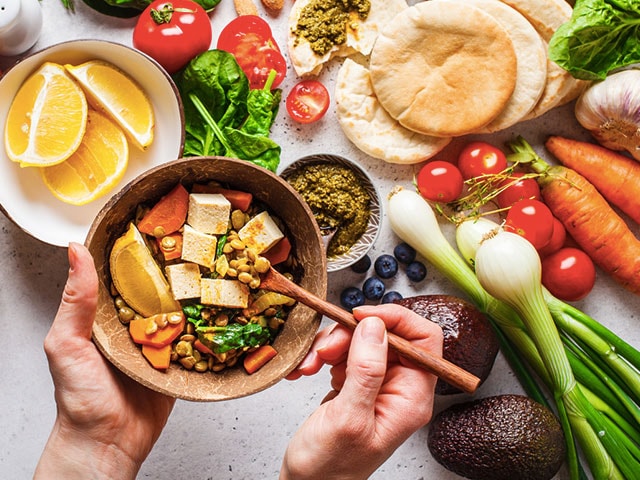5 Key Points For A Nutritious Diet
According to health experts, a nutritious diet is rich in all essential nutrients and is delivered at the appropriate time of day and in the proper portion size. It is necessary for general health and growth. According to World Health Organization, "It protects you against numerous chronic non-communicable diseases, including as heart disease, diabetes, and cancer." But, how does exactly one plan a nutritious diet? Check out the points to indulge in a balanced diet.Balance every nutrient
One of the most common health and nutrition myths to maintain a healthy lifestyle is that one must exclude fats and carbohydrates from one's diet. While it is undeniable that excessive carbs and fats contribute to a variety of lifestyle disorders, experts advise identifying the good carbs and healthy fats and consuming them in the appropriate amounts daily.Take less sugar and salt
We can all agree that salt and sugar are the most fundamental flavours to add to any food. However, too much of these nutrients might be harmful to our overall health. According to the WHO, free sugar intake should be kept to less than 10% of total energy intake, while salt consumption should be kept to a minimum.Stay hydrated
Drinking plenty of water and other nutritious drinks is essential for effective bodily cleansing. This not only protects against free radical damage but also aids digestion and metabolism. These variables also contribute to good immunological health.Have a combination of different foods
Having different kinds of foods loads us up on essential nutrients and gives us a variety to indulge in. As per WHO, different food combinations that a healthy meal should include are - cereals (wheat, barley, rye, maize or rice), legumes (lentils and beans), fruit and vegetables and foods from animal sources (meat, fish, eggs and milk).Energy Intake Should Be Balanced With Energy Expenditure
As per WHO, total fat should not exceed 30% of total caloric intake to avoid harmful weight gain. Saturated fat consumption should be less than 10% of total calorie intake, and trans fat consumption should be less than 1% of total energy intake, with a shift in fat consumption away from saturated and trans fats and toward unsaturated fats.
Advertisement





